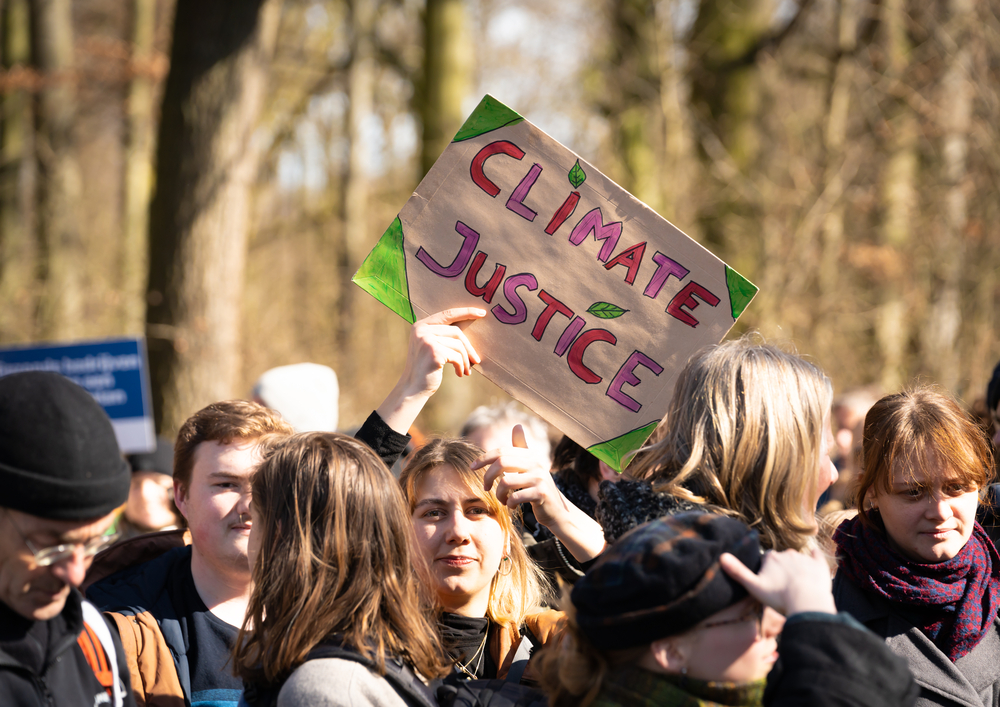Last Thursday, The Hague’s municipality passed a law to ban fossil fuel advertising in public spaces — becoming the first city in the world to do this.
The law was proposed by the Party for the Animals (PvdD), one of the six centre-left parties forming the coalition currently governing The Hague city council.
Despite receiving widespread criticism from the opposition parties, it eventually passed by a narrow vote of 24 in favour to 21 against, the NOS reports.
What this means
What will this law change in practice?
Well, from now on, when you’re out and about in “Agga”, you won’t see advertising for fossil fuel products and services with a high carbon footprint anymore.
READ NEXT | How do the Dutch feel about climate change?
That includes, for example, billboard ads for petrol and diesel, the cars that run on them, cruises, long flights, and polluting energy contracts.
The move is meant to help redirect consumer behaviour towards more climate-friendly practices by reducing the visibility and normalisation of highly polluting activities.
In simpler terms: monkey see, monkey do — so let’s make sure we’re not all looking at pollution porn.
Fierce discussion
Before eventually passing by a narrow majority, the law faced quite a lot of criticism, especially from opposition parties such as the VVD, Hart voor Den Haag and PVV.
READ MORE | 29 awesome things to do in The Hague in 2024
Some of their concerns reflected a fundamental difference in approaches to tackling climate change, with the opposition implying that the law would be perceived as the municipality “finger-wagging” at residents.
Other concerns were more legal in nature, pointing to possible legal retaliation by the affected companies and whether this law impinges on freedom of speech.
READ MORE | The effect of climate change on the Netherlands: what’s going to happen?
According to PvdA politician Robert Barker, however, the law has been adjusted to avoid these legal pitfalls.
For instance, it only bans fossil fuel companies from advertising their high-carbon products and services publicly, but it doesn’t stop them from doing so on their premises or from spreading other kinds of messaging using their names and logos.
A pioneering decision
The Hague is not the first city to consider such a proposal: indeed, other cities, including the Dutch municipalities of Zwolle, Amsterdam, and Eindhoven, have also moved in this direction.
However, The Hague is a pioneer in implementing the law into local legislation.
Do you think more cities should follow in the The Hague’s footsteps? Let us know in the comments below.



